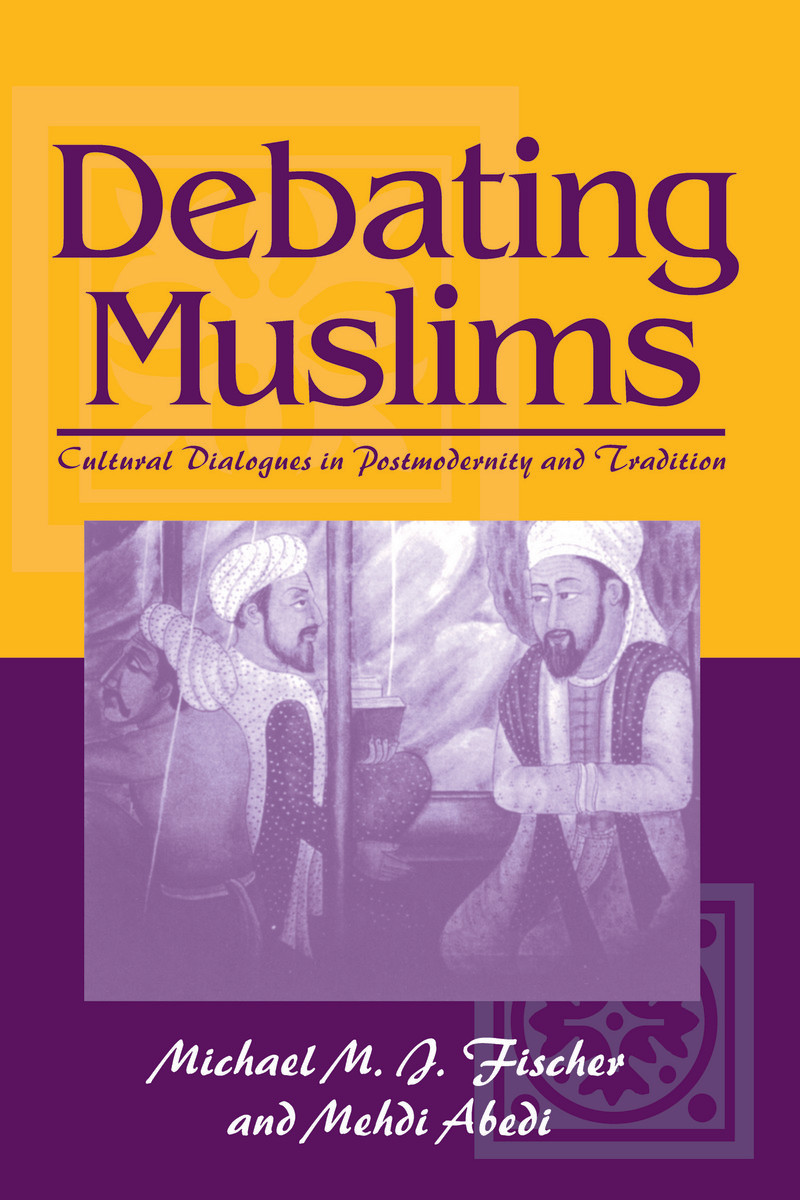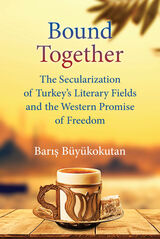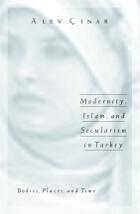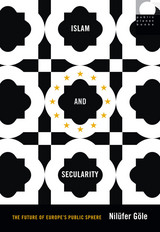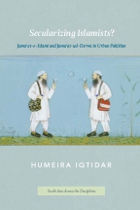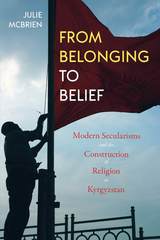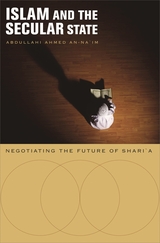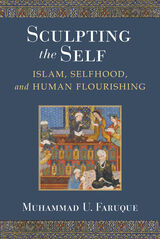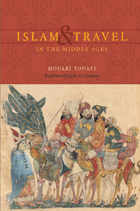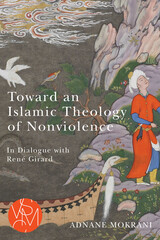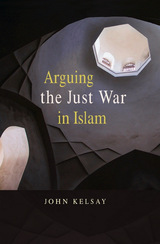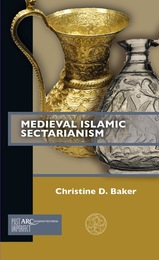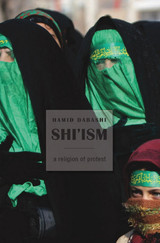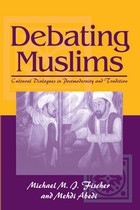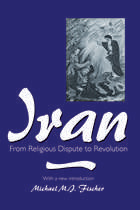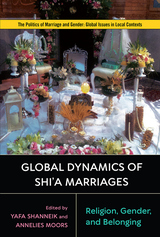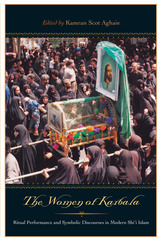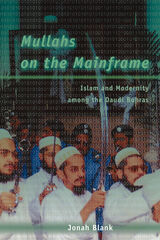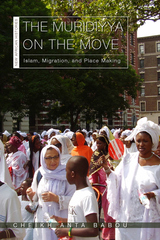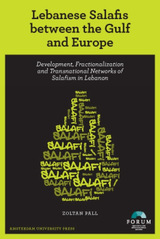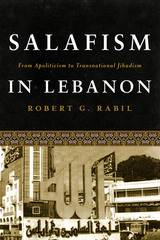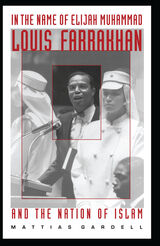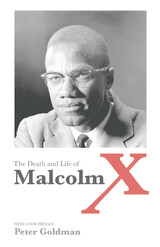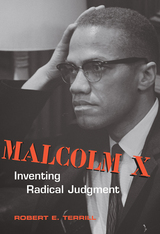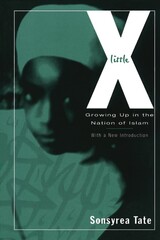Debating Muslims: Cultural Dialogues in Postmodernity and Tradition
University of Wisconsin Press, 1990
Paper: 978-0-299-12434-2
Library of Congress Classification BP192.7.I68F56 1990
Dewey Decimal Classification 297.820904
Paper: 978-0-299-12434-2
Library of Congress Classification BP192.7.I68F56 1990
Dewey Decimal Classification 297.820904
ABOUT THIS BOOK | AUTHOR BIOGRAPHY | REVIEWS | TOC | REQUEST ACCESSIBLE FILE
ABOUT THIS BOOK
In a world of multinational commerce, satellite broadcasting, migration, terrorism, and global arms dealing, what is said and how it is said in one society can no longer be isolated from what is said and how it is said in another. Debating Muslims focuses on Iranian culture, Shi’ite Islam, and Iranians in the United States, offering an experiment in postmodern ethnography and an invitation to think in a multifaceted way about Islam in the contemporary world.
See other books on: Fischer, Michael M. J. | Iran | Postmodernity | Shīʻah | Tradition
See other titles from University of Wisconsin Press
